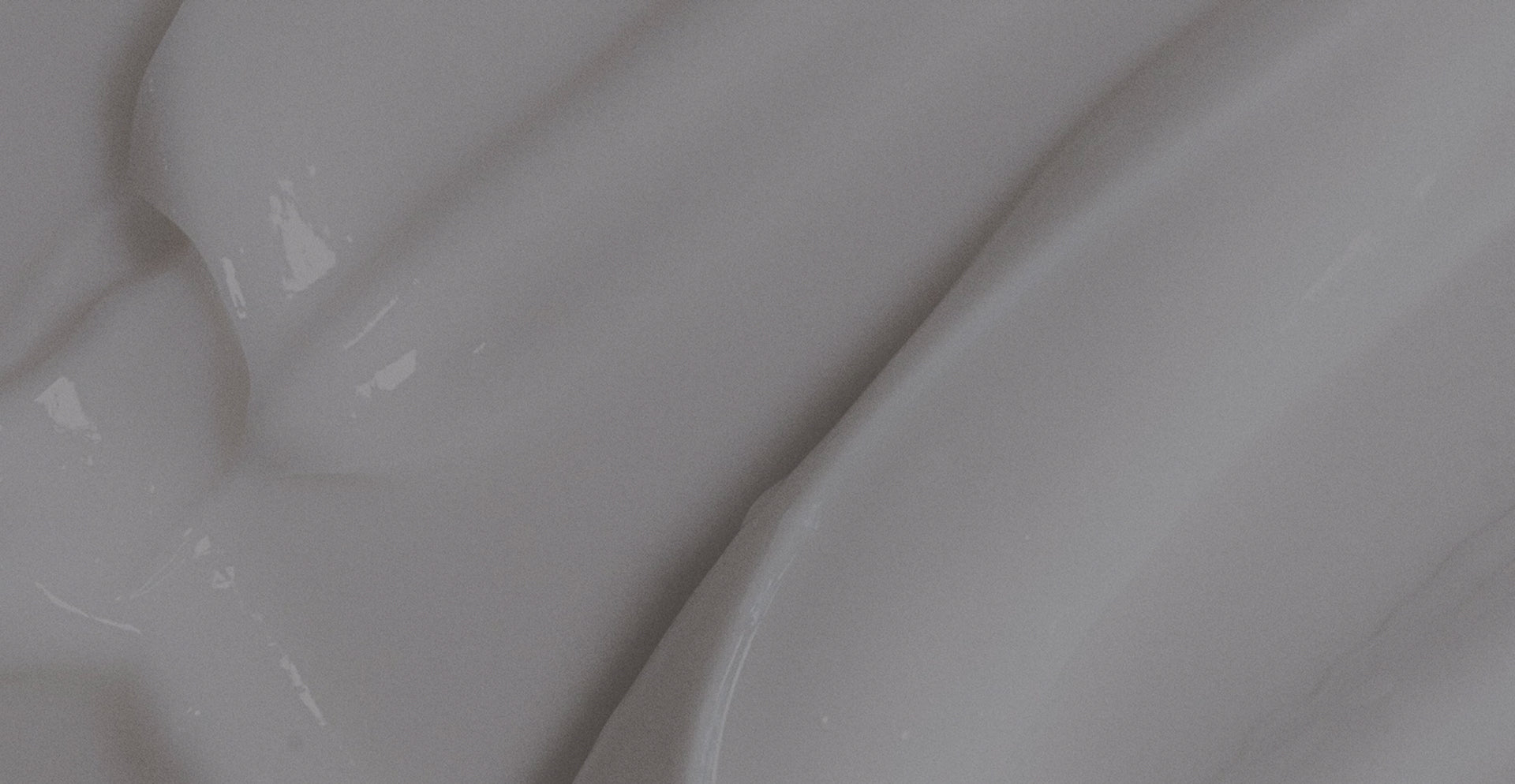If you’ve ever picked up a pack of baby wipes or cleaning wipes at the supermarket, chances are you’ve seen packaging that suggests care, gentleness, and maybe even “natural” or “eco-friendly” credentials. But one important detail is often much harder to find — or even changing without notice: Where your wipes are actually made.
In recent years, more and more wipe brands sold in Australia have quietly shifted their manufacturing overseas. This isn’t always obvious on the shelf, and for everyday shoppers who care about supporting Australian jobs or reducing their environmental footprint, it raises a simple but important question:
Do you know where your wipes are made?
🧼 Most Wipes in Australia Are Imported
Today, around 95% of wet wipes sold in Australia are made overseas, often in China or other parts of Asia. While the brand may be familiar, Australian-owned, or stocked by an Australian retailer, that doesn’t mean it’s locally produced.
In fact, the shift toward offshore manufacturing has become standard across much of the wipes industry — largely for cost or scale reasons. But this change often isn’t well publicised.
In most cases, there’s no announcement, no sticker change, no visible “Made in Australia” badge removed — just a quiet change in supply chain and a new pack showing up on shelves, made somewhere else.
🧻 Example: ALDI’s Mamia Wipes – Now Made in China
One clear example is ALDI’s Mamia baby and antibacterial wipes. These are budget-friendly staples for many families — but some of their current listings now show Country of origin: China, such as their ALDI Mamia Antibacterial Wipes 20 Pack, and their Mamia Fragrance-Free Baby Wipes 80 Pack (current as at 22/8/2025, confirmed on ALDI’s own website).
🔍 So Can You Trust Website Information?
But possibly even more concerning, other wipes that state made in Australia, now also include the following disclaimer on these pages: “…The ALDI website provides product information such as product descriptions, ingredients, country of origin, allergen and nutritional information, product packaging and other information for your convenience. This information, and ALDI’s range of products, is subject to change….”
In short, even what’s published online may not match what you find in-store — or what appears on your next pack. So always carefully read the label before buying.
Kine: 100% Australian Made. No Exceptions.
At Kine Australia, we don’t need a disclaimer.
Our body cloths are:
- 100% plastic-free
- Made from plant-based fibres
- Certified flushable
- Dermatologically tested
- And fully manufactured and assembled in Australia.
We’re not just Australian-owned — we’re committed to keeping production here. We don’t include a “may vary” disclaimer because our country of origin won’t change.
That’s our promise: if it says Kine, it’s made here.
✅ What You Can Do as a Consumer
If you want to support Australian manufacturing or make more informed choices about your household products, here are a few simple tips:
- Check the back of the pack — not just the front. “Australian owned” isn’t the same as “Australian made.”
- Look for the actual words “Made in Australia” — not just the green and gold.
- Check for disclaimers about country of origin changing — they often hide in fine print.
- Support brands that commit to local production — and are transparent about it.
Final Thought: Country of Origin Shouldn’t Be a Moving Target
Manufacturing decisions are complex — and in a global economy, it’s not surprising that many companies choose to source overseas. But that doesn’t mean consumers don’t have the right to know where their products come from — or to expect consistency.
At Kine, we believe clarity and local commitment matter. So next time you pick up a pack of wipes, take a closer look. The words on the back might tell you more than the ones on the front








